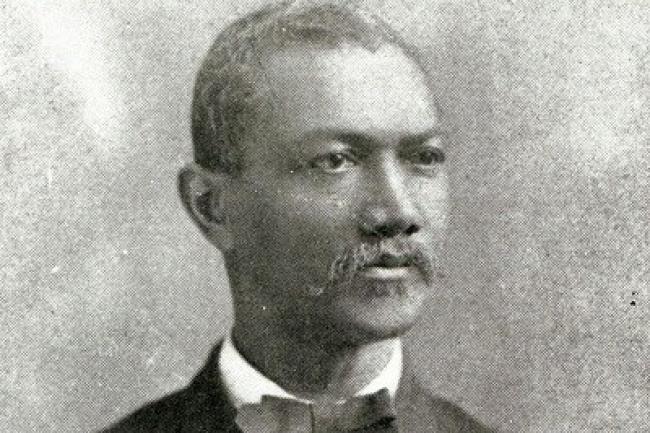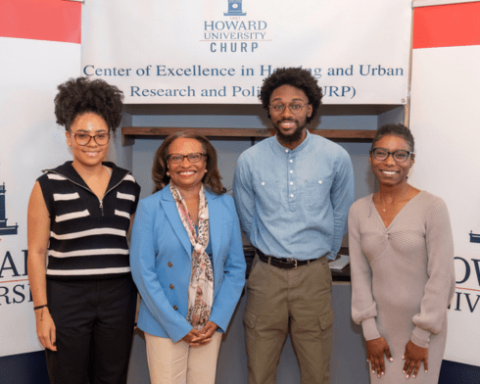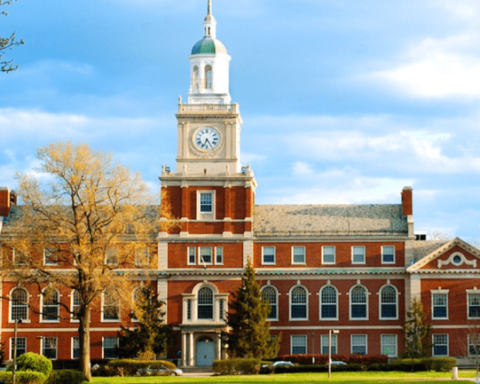Written By Ron-rin Yu
For a man prevented from receiving an education because he was Black, then denied entrance into medical school for what he believes was the same reason, Alexander Thomas Augusta made amazing strides for both education and medicine.
Despite being born to free parents in Norfolk, Virginia, Augusta was not permitted to learn to read and write since Virginia’s race laws forbade the education of Black people. Augusta did so anyhow, setting his goals on becoming a medical doctor.
At 22, Augusta moved to Baltimore and then Philadelphia, where the University of Pennsylvania rejected his application. He believed it was racially motivated, an extension of racial discrimination for lacking the required educational credentials due to Virginia’s education laws. He would return to Baltimore, where he met and married his wife, Mary O. Burgoin. After a stint in the California gold rush, the couple moved to Toronto, where racial tolerance was much less of an issue. There, Augusta opened an apothecary.
Despite not receiving a formal primary education, Augusta had studied enough on his own to gain entrance into Trinity College in Toronto and earn a bachelor’s degree in medicine. He and Mary would remain in Toronto for several years as active members of the community. As the Civil War began brewing back in the United States, he applied to join the Union Army and was commissioned as a surgeon with the 7th U.S. Colored Infantry, one of eight Black doctors in the entire Union Army. Augusta wrote a letter to President Abraham Lincoln seeking his permission and support to serve.
“Sir, having seen that it is intended to garrison the U.S. forts with colored troops, I beg leave to apply to you for an appointment as surgeon to some of the coloured regiments, or as a physician to some of the depots of “freedmen,” Augusta wrote in archives collected from the National Library of Medicine.
“I was compelled to leave my native country, and come to this on account of prejudice against colour, for the purpose of obtaining a knowledge of my profession, and having accomplished that object, at one of the principle educational institutions of this Province, I am now prepared to practice it and would like to be in a position where I can be of use to my race.”





